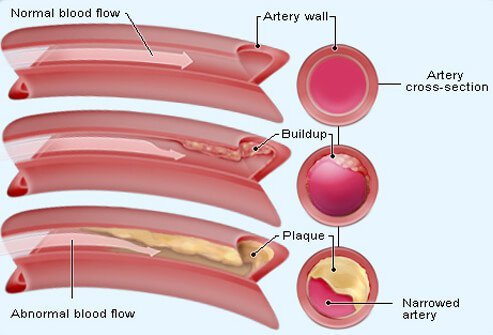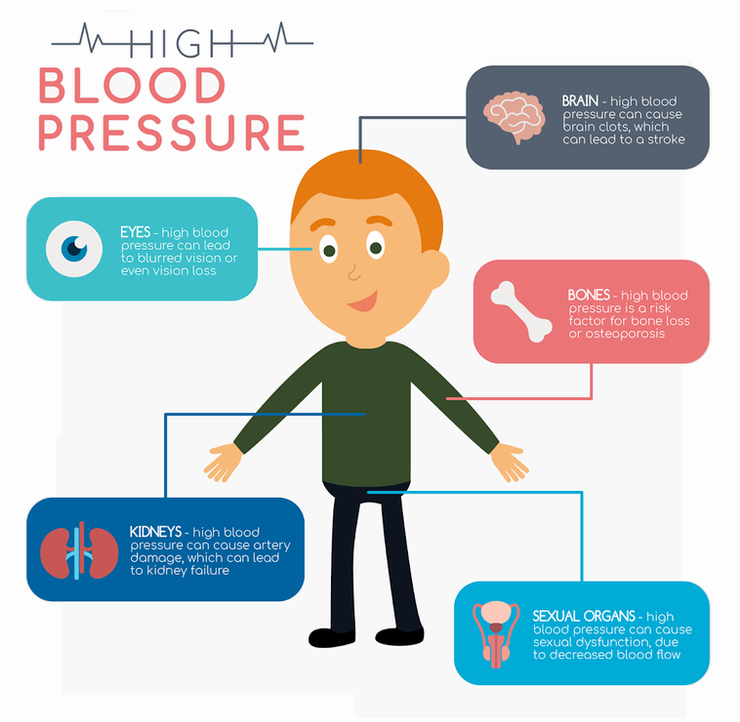
There are many different types of high blood fats. Triglycerides are the highest among them. These are a component of the lipid profile and cholesterol test. The measurement can only be done accurately after a fast. Although a diet high in triglycerides is associated with an increased risk of heart disease, it is not the only cause. Certain dietary habits, such as eating foods rich in saturated fat and cholesterol, may also contribute to a person’s high triglyceride levels.
Some people have a genetic tendency for high triglycerides, but there’s little evidence to support this. The condition is often present in people without any symptoms. There is a possibility that high triglycerides are a symptom of another problem, such as high blood pressure or diabetes. However, other conditions, such as metabolic syndrome, increase your risk of heart disease and other health problems. These conditions can lead to a heart attack, stroke, or diabetes.
There are several possible causes of high lipid levels in the blood. A diet rich in saturated fat and sugar can increase triglyceride levels. People with elevated triglycerides may also have increased belly fat. The increased belly fat is associated with high LDL cholesterol, high blood pressure, and increased risk for diabetes. The condition can also be a symptom of another medical issue. Other factors can lead to increased triglycerides, such as some medications and hormone disorders.
High levels of triglycerides can increase the risk of developing heart disease. They are also linked with other conditions like obesity and diabetes. The presence of high triglycerides is also a symptom of metabolic syndrome. Some studies have shown that borderline high triglycerides are a symptom of other health problems. But most people have no symptoms and have only a borderline-high level of triglycerides.
Other causes of high lipid levels include inflammation. These conditions can damage organs. They can also lead to an increased risk of cardiovascular disease. Researchers have identified the key protein inflammasome complex and a new study suggests that a diet high in triglycerides is an important risk factor. Higher levels are related to a higher level of "bad" LDL cholesterol. The bad cholesterols are associated with an increased risk of heart disease.

Studies have found that people with high triglycerides are at greater risk of developing heart disease than those with low levels. This is due to the fact that high triglycerides can increase blood cholesterol levels. While high triglycerides are a cause of heart disease, they are not the only cause. A diet that is rich in saturated fats and sugars can increase your triglyceride levels.
The study focused on triglycerides, which are a form of fat in the blood. High triglyceride levels are thought to increase the risk of heart disease. Having high levels of triglycerides in the blood is an important part of the metabolic syndrome. Inflammation affects the body’s metabolism and increases the risk of heart disease. It can also cause arteries to become inflamed, which can cause problems.
High triglycerides are a type of fat in the blood that is used by the body for energy. A person with high triglyceride levels may be at risk for heart disease. This is because the body produces a lot of "bad" cholesterol. The body uses triglycerides for fuel, and this can increase the risk of heart disease. It can also be part of the metabolic syndrome, which includes high insulin levels, high blood sugar, and too much fat around the waist.
High triglyceride levels can lead to inflammation. This is a condition in which there is too much inflammation in the blood. This may be a symptom of a more serious problem, such as high cholesterol. But if it’s a symptom of a more serious problem that’s affecting you, it could be a symptom of high triglyceride levels. Inflammation can lead to serious illnesses, including heart disease.
High blood triglyceride levels are not the only cause of high cholesterol levels, the site says Produk kesehatan. These fatty deposits can build up in the arteries and cause blockages that restrict blood flow and cause health problems. To reduce the risk of coronary heart disease, a person with high triglyceride levels should take medication to lower these levels. Fortunately, triglyceride levels can often be reduced through diet and lifestyle changes.